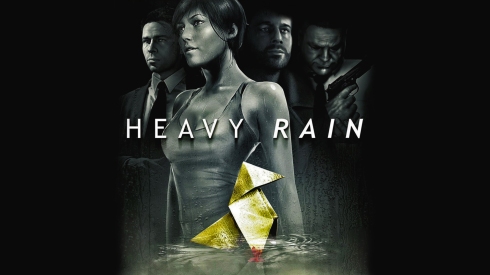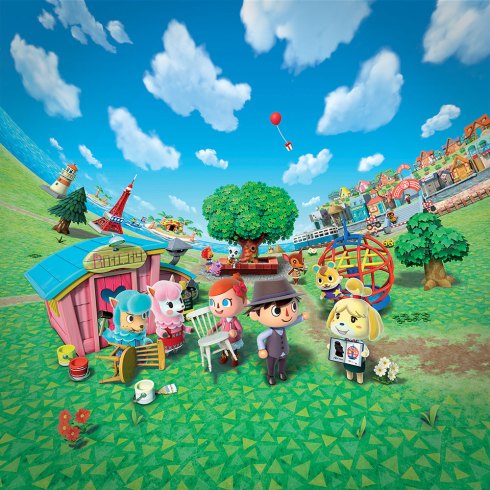Oh, Quantic Dream…
Heavy Rain is actually the game that made me want to start a blog. And that’s not a good thing. So expect this to be a bit of a rant.
I was really intrigued by Heavy Rain when it was first announced. I’m always up for a non-traditional gaming experience, and I thought that, even if the game sucked, it would at least be a cool experiment.
I played it on release and, overall, enjoyed it. I loved the threat of permanent death for any of the main characters, and the finger scene is still one of the most tense moments I’ve experienced in gaming. There was one trial that I failed, making me feel genuinely guilty, and this was one of the first games I can think of that (attempted) to seriously delve into the parent/child relationship that has been so popular in 2013. The game wasn’t perfect, but at least it was trying to do some unique, genre-pushing things.
So it’s really too bad that Madison Paige is an abysmal character.




Recent Comments